What are qualified education expenses for a Coverdell?
You can generally use tax-free education savings account withdrawals for more than just the cost of school (tuition and fees). It’s also possible to pay for books, equipment, supplies or even to buy a computer with tax-free Coverdell ESA distributions.
The qualified education expenses must relate to the enrollment or attendance of the designated beneficiary at an eligible education institution.
The qualified expenses vary depending on the level of school, according to IRS Publication 970 (Section 7 for CESA), as outlined below.
Qualified Elementary and Secondary Education Expenses (K-12)
Generally, if your child (or the designated beneficiary) is in kindergarten through grade 12, a Coverdell ESA distribution could potentially pay for the following education expenses tax-free:
- Tuition and fees
- Books, supplies and equipment
- Academic tutoring
- Special needs services for a special needs beneficiary
- Computer or peripheral equipment, computer software, or Internet access and related services if it is to be used by the beneficiary and the beneficiary’s family during any of the years the beneficiary is in elementary or secondary school. (This doesn’t include expenses for computer software designed for sports, games or hobbies unless the software is predominantly educational in nature.)
In addition, a Coverdell ESA could cover these expenses if they are required or provided by an eligible elementary or secondary school in connection with attendance or enrollment:
- Room and board
- Uniforms
- Transportation
- Supplementary items and services (including extended day programs)
Qualified Higher Education Expenses
Generally, if your child (or the designated beneficiary) is in college or other eligible postsecondary school, a Coverdell ESA distribution could potentially pay for the following education expenses tax-free:
- Tuition and fees
- Books, supplies and equipment
- Room and board expenses incurred by students who are enrolled at least half-time. Other qualifications apply – see IRS Publication 970, Section 7 for more details.
- Computer or peripheral equipment, computer software, or Internet access and related services if it is to be used primarily by the beneficiary during any of the years the beneficiary is enrolled at an eligible postsecondary school. (This doesn’t include expenses for computer software for sports, games or hobbies unless the software is predominantly educational in nature.)
- Expenses for special needs services needed by a special needs beneficiary must be incurred in connection with enrollment or attendance at an eligible postsecondary school.
[Related: Could You Pay for Remote Learning with an Education Savings Account?]
What is considered a qualified education institution?
IRS Publication 970, Section 7 considers the following to be qualified education institutions:
- Eligible elementary or secondary school: any public, private or religious school that provides elementary or secondary education (kindergarten through grade 12), as determined under state law.
- Eligible postsecondary school: generally any accredited public, nonprofit or proprietary (privately owned profit-making) college, university, vocational school or other postsecondary educational institution. The institution must be eligible to participate in a student aid program administered by the U.S. Department of Education (including certain education institutions outside the United States).
To learn more about how a self-directed CESA at Equity Trust could potentially help you save, invest and pay for a child’s education with tax advantages, download our free Coverdell ESA Guide or call 855-673-4721 to speak with a Senior Account Executive.
1What types of accounts does Equity Trust hold?
Equity Trust holds a variety of IRAs, as well as other self-directed accounts, including:
- Traditional IRA
- Roth IRA
- SIMPLE IRA
- SEP IRA
- Solo 401(k)
- Roth Solo 401(k)
- Health Savings Account (HSA)
- Coverdell Education Savings Account (CESA)
2What investment options are possible with an Equity Trust account?
Some of the investments Equity Trust clients make using their self-directed accounts include real estate, tax liens, digital currencies such as Bitcoin, private lending, purchasing notes, private placements, precious metals, forex and other investment options that are permissible under IRS guidelines.







